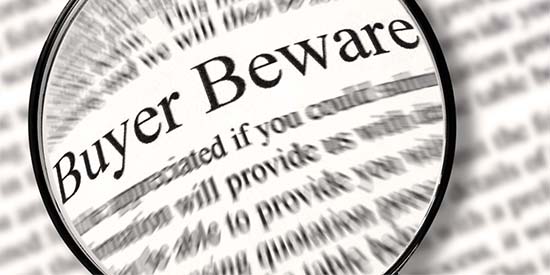Buyer beware: Study finds fake university assignments can be detected
Media releaseUniversity students submitting assignments bought over the internet be warned, with Deakin University research showing that markers may well be on to you.
In a world first pilot study to test if markers could spot contract cheating the researchers found that, when asked to be on the lookout for bogus assignments, most were able to pick the fakes.
Associate Professor Phillip Dawson, Associate Director of Deakin’s Centre for Research in Assessment and Digital Learning, said the results of the study should act as a warning to any students trying to cheat the system.
“Contract cheating is when a student purchases a custom-made assignment and submits it as their own,” Associate Professor Dawson said.
“The $340 million global industry that provides these services lures students with claims that this form of cheating is undetectable.
“The results of our study show that this is not the case. The markers we studied were actually quite good at detecting contract cheating.”
For the pilot study, Associate Professor Dawson worked with Associate Professor Wendy Sutherland-Smith from Deakin’s School of Psychology to assess the accuracy of seven experienced markers in detecting contract cheating.
Each marker blind graded the same bundle of 20 real second-year psychology assignments which included six that were purchased from contract cheating web sites. They were asked to flag what they believed to be the fake assignments.
On average the markers detected the contract cheating 62 per cent of the time and correctly identified the real student work 96 per cent of the time.
The most common reasons the markers gave for tagging an assignment as fake included not addressing the assignment questions, structural problems, not following the assignment instructions, missing key sections, and not adequately conceptualising the task with psychological theory.
“While contract cheating has been the topic of research and scholarship for more than a decade, to our knowledge no studies have determined the detection rates until now,” Associate Professor Sutherland-Smith said.
“If left unchecked, this cheating could lead to students incorrectly being certified as having achieved learning outcomes. This could have disastrous consequences for public safety and community confidence in higher education, as well as students cheating themselves out of opportunities for learning.
“Our results should provide some optimism to educators, policymakers and the public that in at least some circumstances it is possible to detect cheating at the time of marking.”
Associate Professor Sutherland-Smith said that further work was needed to fully understand where the true detection rates lie.
“This pilot study contains the necessary data for future researchers to conduct a statistically powered study, that factors in potential differences across types of assignments, student populations and disciplines,” she said.
“Future work should also focus on approaches to improve detection, including training of markers in detection strategies, or approaches to prevent contract cheating entirely.”
The study, ‘Can markers detect contract cheating? Results from a pilot study’, is published in the international journal Assessment and Evaluation in Higher Education.
Share this story

